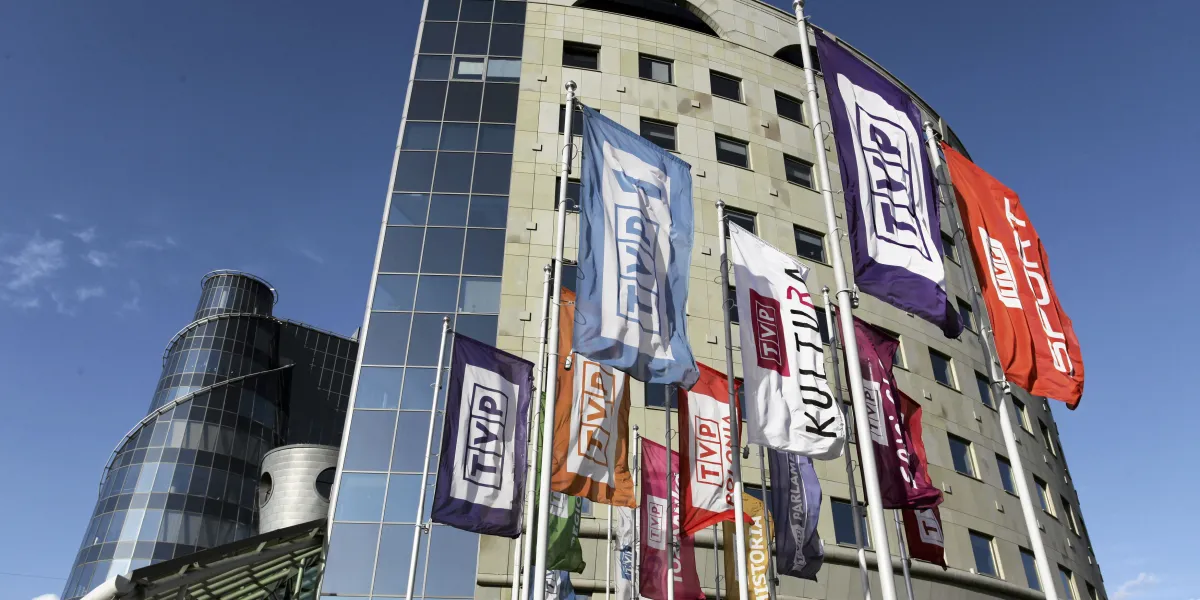EPAState Secretary Van der Burg at a meeting in the European Parliament in October.
NOS News•today, 1:08 PM•Adjusted today, 1:19 PM
After years of negotiations, the EU member states and the European Parliament today reached an agreement on new migration rules. In the Netherlands, there is varying reaction to the agreements made. Reactions range from “extremely happy” to “unworthy of Europe”.
That first response comes from outgoing State Secretary for Asylum and Migration Eric van der Burg. “In the longer term, this will help the Netherlands substantially. It ensures less influx, less flow, less nuisance. You will really get a better distribution across Europe.”
Last year, Van der Burg himself had great difficulty in piloting the Dutch dispersal law through the House of Representatives, which should distribute asylum seekers more fairly across the Netherlands. Whether that law will pass in the Senate is uncertain, but in any case, this European agreement was “desperately needed”, according to the State Secretary.
He welcomes the fact that migrants are immediately screened at the external border and divided into two groups: promising and disadvantaged asylum seekers.
EU-correspondent Ardy Stemerding:
“It is special that the migration pact is now in place. For years the negotiations were at an impasse, but after three days of almost non-stop negotiations, a deal has now been reached.
The detention of minors in the centers at the border was particularly controversial. The European Parliament initially did not want minors to end up there. But the countries with which the European Parliament negotiated only wanted to make an exception for children traveling alone. Children traveling with their parents can therefore certainly become stuck. The compromise is that their application will be processed as a priority.
The agreement on redistribution was an issue that was especially important for countries such as Italy and Greece. They see the vast majority of migrants arriving. The deal certainly does not solve all problems in asylum reception at once. There are still many snags. For example, what will happen to asylum seekers who have exhausted all legal remedies? This plan does not yet provide anything for that. And they are now occupying many places in the shelter.”
Jaap Velema, mayor of the municipality of Westerwolde, which includes Ter Apel, responds largely positively, but points out that it is an “illusion” to think that no people will come to the Netherlands to apply for asylum in the coming period. “That is why something must be done now. As long as a better distribution of asylum reception across the Netherlands is not legally regulated, reception will continue to overflow.”
According to the mayor, the need to introduce the dispersal law remains, “even with the arrival of the new European migration pact.”
Minors
Migrants from relatively ‘safe’ countries, such as Morocco, Algeria or Bangladesh, will enter an accelerated process, the pact states. This should last a maximum of nine months, during which time migrants will be detained in centers with restricted freedom of movement.
It is still unclear whether unaccompanied minors will also be subject to this border procedure. The possibility that this will be the case worries refugee organizations. Save the Children Netherlands mentions the agreement X a “new low point for children’s rights” and finds it “scandalous that children of all ages, often with flight trauma, are put in detention at the external borders. This is unworthy of Europe.”
‘Lack of mutual solidarity’
The Netherlands Council for Refugees also calls the new rules “disappointing”. Board chairman Frank Candel calls it a “missed opportunity that no work has been done on a fairer distribution system”.
He is referring to the possibility of EU countries to “buy off their responsibility” by paying money instead of taking over asylum seekers from countries on the external borders. How many migrants each country must receive is determined by a calculation. For example, if the Netherlands chooses not to meet that agreed number, it can pay another country 20,000 euros per asylum seeker who has not been readmitted.
Candel fears that countries will make extensive use of this and that countries such as Greece, Italy and Spain will continue to be responsible for the majority of people applying for asylum in Europe. “We therefore fear the continuation of illegal pushbacks and other human rights violations at the EU’s external borders.”
Big step forward, big step back
European political parties also have different opinions about the concluded agreement. CDA Europe calls it a “major step for European asylum and migration policy”. Spokesman Jeroen Lenaers: “We have reached an agreement that works for people in need, but also does justice to what we can handle as a society.”
GroenLinks MEP Tineke Strik is more skeptical. She sees the deal as a small step forward in easing migration pressure on EU countries, but as “a big step backward in protecting important rights of refugees.”
Like Refugee Council chairman Candel, Strik calls it a “bitter pill” that member states can buy off their responsibility. She points out that Member States also have to readmit fewer asylum seekers if they help pay for border control in Europe or beyond. “That really erodes the idea of solidarity,” says Strik.
2023-12-20 12:08:18
#Divergent #reactions #migration #pact #big #step #nadir


